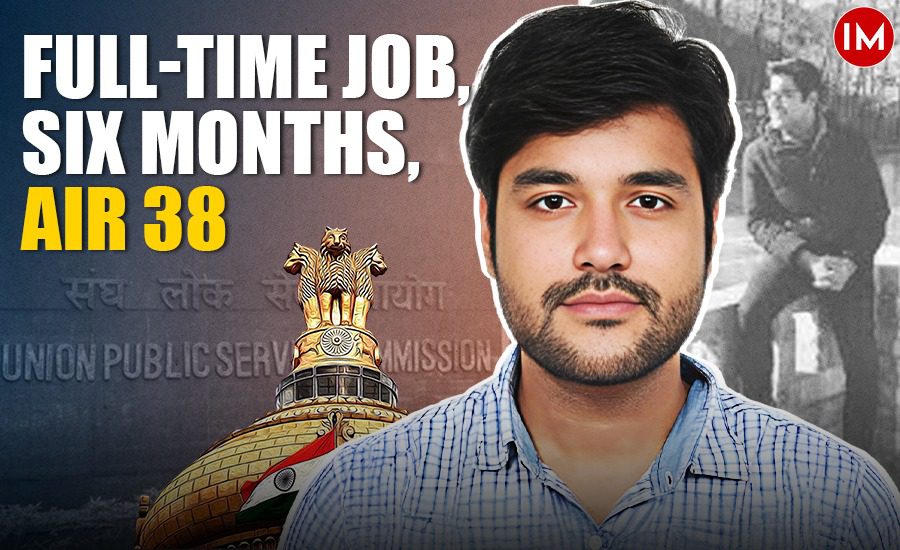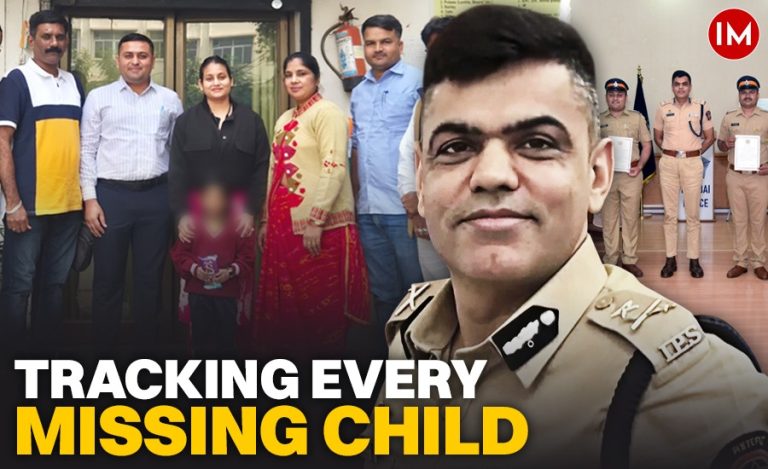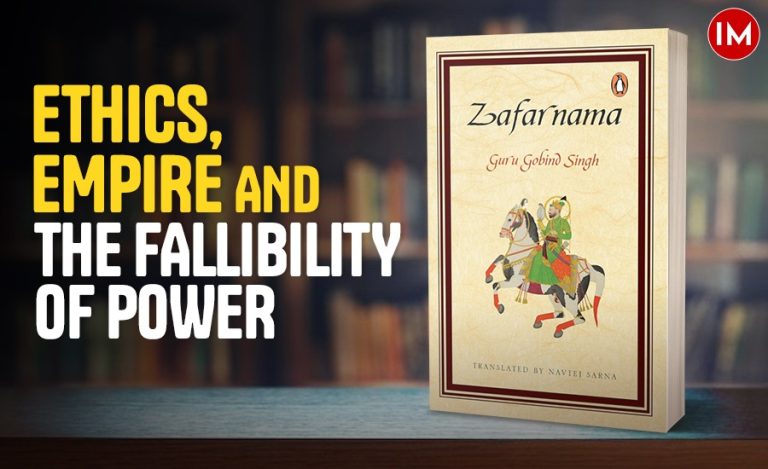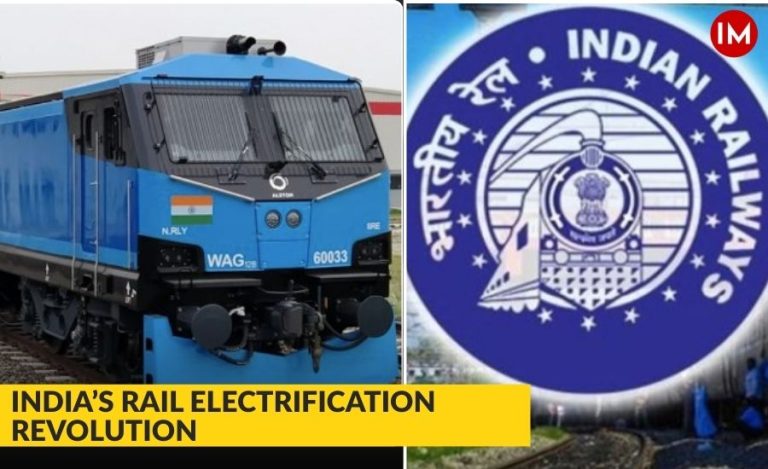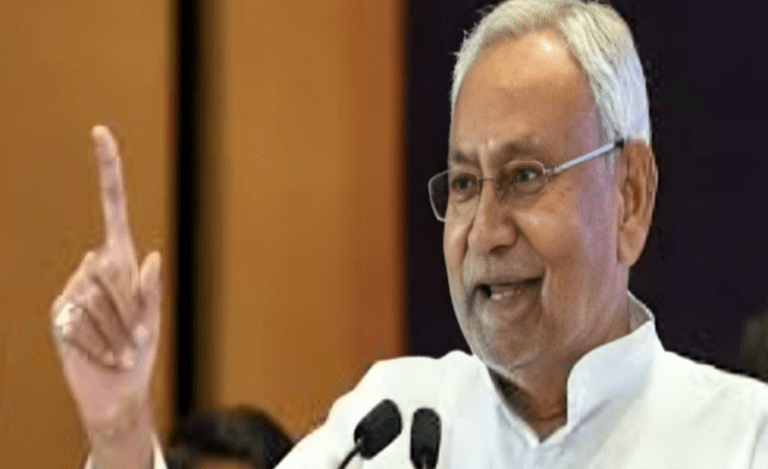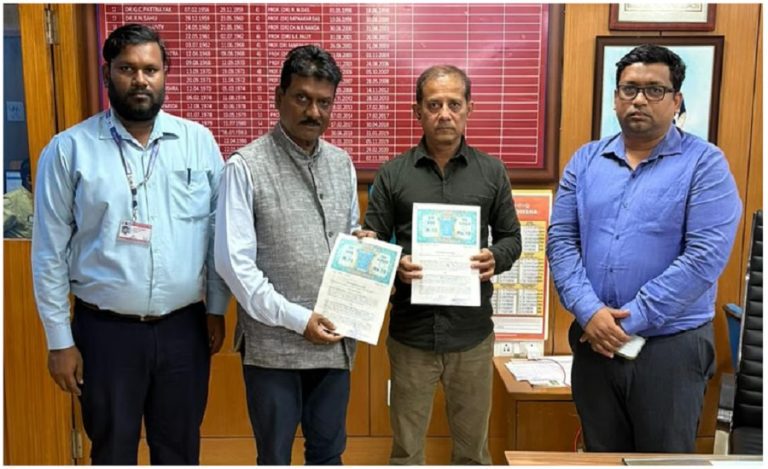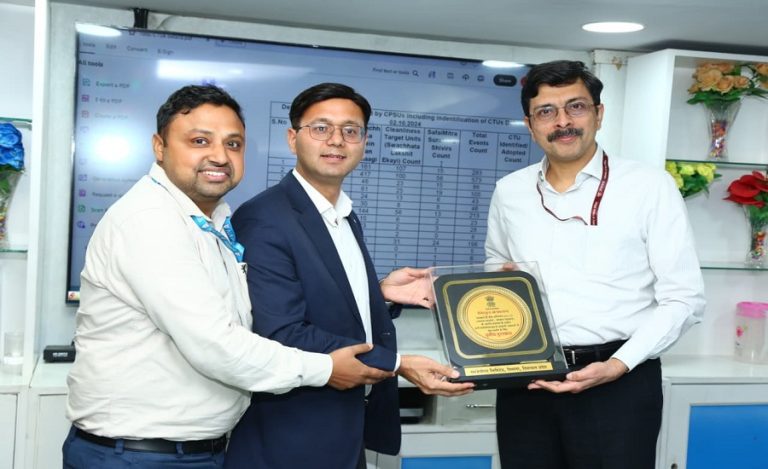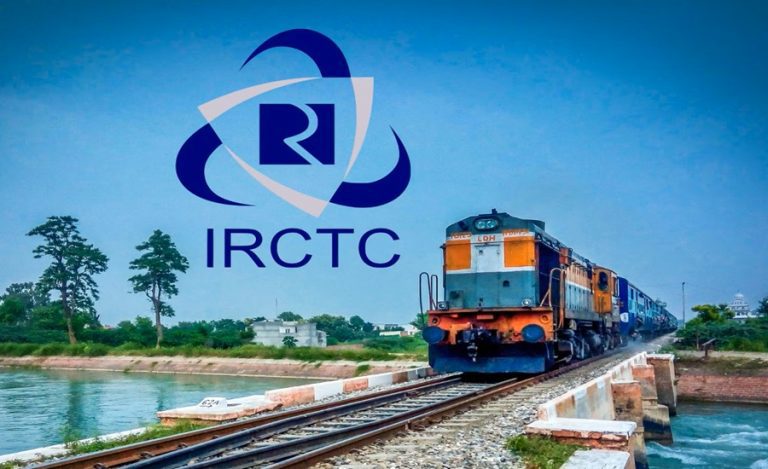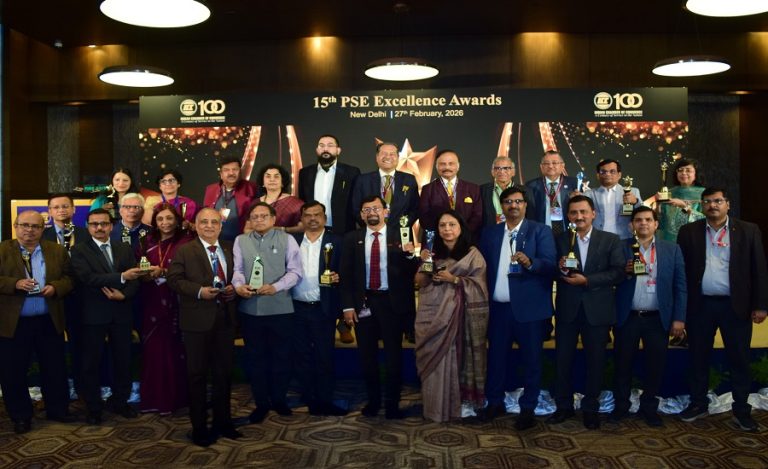In Bahadurgarh, Haryana, the Gahlaut household always buzzed with big ideas and quiet ambition. Abhimanyu’s father, a retired sub-divisional engineer with the Haryana government, and his mother, a headmistress at an elementary school, made sure education stayed at the core of everyday life. Young Abhimanyu grew up watching his parents shape lives in their own ways. His father with blueprints and wires, his mother with blackboards and lesson plans.
CHASING ECONOMICS ACROSS CONTINENTS
After school, his eyes turned to the capital. Abhimanyu secured admission to Shri Ram College of Commerce at Delhi University, where he studied Economics Honours. But Delhi wasn’t going to be the final stop. His thirst for a deeper understanding of global economics took him straight to the University of Cambridge for an M.Phil in Economics.
Armed with his Cambridge degree, he stepped into the world of real policy and numbers. He landed a role as an Economist for the Ministry of Finance in Rwanda under a fellowship scheme. For one and a half years, he studied African development challenges up close. Next came London, where he served as a Country Economist with the International Growth Centre at the London School of Economics for three years. In boardrooms and policy discussions, he crunched numbers that shaped nations.
THE INDIA CONNECT
Despite the international exposure, something kept tugging at him… a sense that his work needed to touch the soil he called home. At 25, Abhimanyu began thinking beyond data sheets and macroeconomic reports. He wanted a career that would keep him close to India’s pulse yet allow him to work on an international stage. The Indian Foreign Service looked like the perfect bridge.
But there was a catch! Cracking UPSC Civil Services while holding down a demanding job halfway across the world.
SIX MONTHS, ONE SHOT
December 2014. The seed turned into a plan. Abhimanyu began collecting every scrap of information about the exam. Syllabus, strategy, books, and optional subjects. By January 2015, he dived in.
Unlike most aspirants, he didn’t have years to spare or the comfort of quitting his job. He carved out 6–8 hours each day, often after office hours, tackling one topic at a time. He knew he couldn’t read everything under the sun, so he read smartly. He leaned on online resources for most subjects, except for history and polity, where he stuck to standard UPSC books.
Given his background, Economics was the obvious choice for his optional. He crafted electronic notes for static topics and daily current affairs, pruning out the noise and keeping only what mattered for revision. He didn’t fret over CSAT, English, or Indian language papers. His command over them was solid already.
PRACTICE, TIMERS, AND BULLET POINTS
One thing Abhimanyu knew from day one was that writing good answers wins you marks, not reading alone. He treated answer writing like clockwork. During the mains, he carried a stopwatch. Each question in the General Studies papers got no more than 8.5 minutes. Optional paper questions? Seven minutes for every ten-marker, no more.
His style was simple: a short introduction, crisp bullet points, and a neat conclusion. For the essay paper, he tested himself with ten full-length essays before the actual exam. For the tricky ethics paper, he kept it real, clear, simple answers, no fancy buzzwords.
THE RESULT
In August 2015, he appeared for the prelims. And on his first attempt, after only six months of part-time study squeezed between spreadsheets and policy briefs, Abhimanyu Gahlaut secured an All India Rank of 38, walking straight into the Indian Foreign Service.
HIS WORDS FOR ASPIRING CANDIDATES
Today, Gahlaut’s story often echoes through UPSC coaching centres and online study groups as a reminder that one needn’t shut off the world to clear the exam. Working professionals, fresh graduates, and dreamers of all kinds can see a bit of themselves in his journey.
His advice? Be smart with your time. Pick your battles in the syllabus wisely. Practice answer writing like it’s an exam every single time. And if it doesn’t work out, remember, it’s not the end of the road, nor a measure of your worth.
A STORY WORTH RETELLING
From Bahadurgarh to Cambridge, from Kigali to London, and finally to India’s diplomatic corridors, Abhimanyu Gahlaut’s journey proves that you can carry your dreams across continents and still bring them home.

